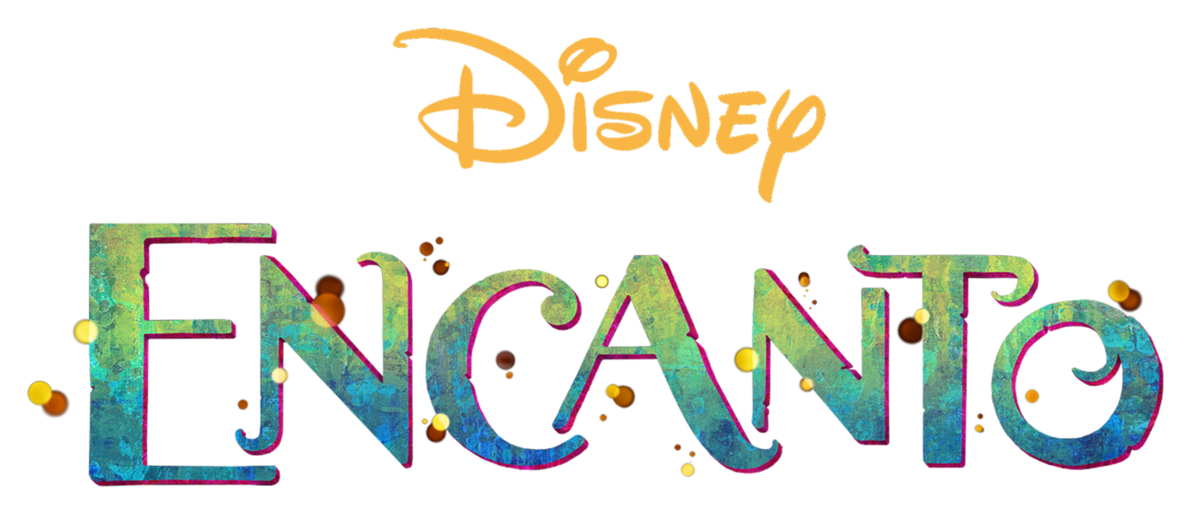Encanto – Directed by Jared Bush and Byron Howard. Written by Charise Castro Smith and Jared Bush. Starring the voices of Stephanie Beatriz, Maria Cecilia Botero, John Leguizamo, Mauro Castillo, Jessica Darrow, Angie Cepeda, Carolina Gaitan, Diane Guerrero, Wilmer Valderrama, Adassa, Rhenzy Feliz, Ravi-Cabot Conyers, Maluma, and Alan Tudyk
**1/2 out of ****
If I had a nickel for every time Disney released a wildly ambitious genre film with a sprawling cast and stunning visuals that ultimately collapsed under the weight of a mythology it didn’t fully explore in November 2021, I would have two nickels. Which isn’t a lot, but it’s odd that it’s happened twice! Encanto, the latest release from Walt Disney Animation Studios, is now out on Disney Plus after a theatrical release, and a second viewing didn’t clear too much up for me. The movie has a lot going for it, including gorgeous animation and a strong musical soundtrack by the legendary Lin-Manuel Miranda. It’s also one of the most authentic depictions of the beautiful side of Colombian culture ever put to screen – something audiences don’t often get to see in mainstream films with the focus on the country’s troubles in shows like Narcos.
It’s also highly unusual for animated films in that it’s an epic adventure – that never leaves home. It helps that the home in question is Casita, a living house of magic that houses the enchanted Madrigal family. Given life by a miracle-blessed candle carried to their refuge fifty years ago amid civil war in Colombia, it not only responds to the family’s every need, but it gives the members of the core family a magical gift of their own – essentially a superpower. Well, most of those family members, at least.
The core of Encanto is Mirabel, a teenager who happens to be the one non-powered core member of the Madrigal family after the house mysteriously refused to give her a gift on her fifth birthday. Her mother Julieta blesses the food she makes with healing powers, while Mirabel’s older sisters Isabela and Luisa are a beautiful plant-generator and a hard-working bruiser with super-strength. Her climate-controlling Aunt Pepa is the mother of super-hearer Dolores, shape-shifter Camilo, and pint-sized animal empath Antonio (who gets his gift as the movie begins). Julieta and Pepa’s non-powered husbands just seem happy to be there, and overseeing it all is tough-as-nails matriarch Alma, who lost her husband in the civil war and raised her triplets alone.
That’s right – triplets. We can’t forget Uncle Bruno, a mysterious seer who made dark prophecies about the family’s future and one day disappeared. His absence looms large over the film and plays a key role in its central mystery – which kicks off when Mirabel and only Mirabel starts to see cracks in Casita’s foundation. Could the miracle house be losing its magic – and her family losing their powers? While some people believe her and help her investigate, other – most notably Abuela Alma – think she’s seeking attention and trying to overcompensate for her lack of powers.
What stands out to be about Encanto is how it tries to work on multiple levels. It’s at its best when it’s exploring the complex dynamic of a multigenerational family with a lot of trauma at its core. As Mirabel explores the sprawling house – where each blessed member of the family has a room filled with magic and secrets – she finds not hidden villains but people holding their own pain and anxiety inside. Segments involving her bonding with Luisa and Isabela particularly pack a lot of punch and are maybe the best depiction of complex sibling relationships I’ve seen in a while. And while there isn’t a villain in this film per se, there is a dark and pained energy at the core of this family, one that’s been allowed to persist for a long time, and it’s not until it’s addressed that the source of the trouble can be found.
Here’s the thing, though – Encanto isn’t a movie about family dynamics on its own. It’s a movie about a complex magical mythology that it seems oddly uninterested in exploring. Strange things happen, and they’re implied to be metaphors for the family’s internal conflict. But they’re not – they’re actual magical events that have been sustaining a small village enclave for fifty years! If the magic suddenly starts going off the rails, it seems like something that would have an answer. But as the credits roll, we’re left with just as many questions as we started the film with. It seems like it wants Mirabel’s lack of a gift to be a metaphor for children who struggle to keep up with exceptional siblings, or for how people with disabilities are left behind. But like many movie metaphors, it can’t quite decide whether it’s subtext or text. I’ve read a good number of fan theories that go more into depth than the movie does.
That aside, Encanto does have a lot to recommend. Its animation is lush and stunning, especially some segments inside the larger-on-the-inside secret rooms. John Leguizamo’s Bruno, whose story is the key to much of the film’s climax, delivers a great voice performance, and Miranda’s music is some of the most catchy tunes Disney has put in years (Particularly the opening number, a fast-paced recap of the family by Beatriz). But many of its sprawling cast feel very underexplored, and after nearly two hours, much of the Madrigal mansion is still a mystery to us. It’s rare to see a Disney animated feature undone by its ambition, but points to them for continuing to think outside of the box.
